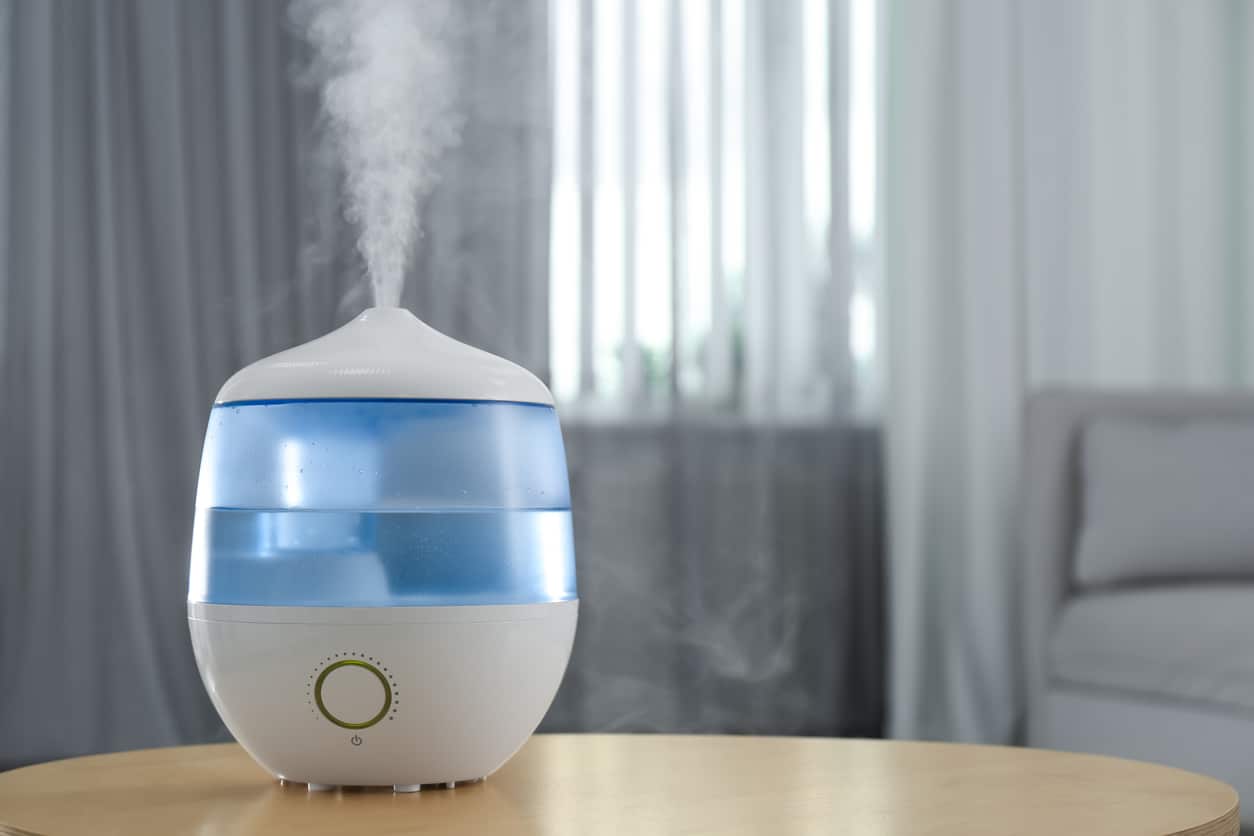The Most Common ENT Issues and How We Help Solve Them
People of all ages are susceptible to ear, nose, and throat (ENT) disorders, which significantly interfere with day-to-day functions. We treat a variety of...
Posted on February 23, 2024
ENTPeople in the United States spend an average of 90% of their time indoors. When we spend a lot of time in one place, it’s crucial to ensure that place doesn’t negatively impact our health. Too much dry air in your home is one way that your environment can affect you. Let’s look at a few ways dry air can impact your ear, nose and throat health and what you can do to prevent adverse side effects.

Many people know dry air can irritate your eyes and cause dehydrated skin. This is most commonly seen on airplanes or when driving long distances because cars and planes circulate air without moisture. Similar to the effect it has on your eyes and skin, dry air can draw moisture out of your nose and throat, leading to conditions including:
A few excellent ways to prevent dry air from causing ENT-related health issues include:
For more information on caring for your ENT health, contact today to make an appointment with one of our specialists.
People of all ages are susceptible to ear, nose, and throat (ENT) disorders, which significantly interfere with day-to-day functions. We treat a variety of...
Voice disorders can affect anyone and are classified as such when you have a problem with pitch, tone or other qualities of your voice....
Sleep is essential to your health and well-being, yet many people struggle to get their full eight hours. One often overlooked obstacle to a...
Breathing disorders in children can be concerning for parents and caregivers. Understanding common pediatric breathing disorders and their treatments can help in managing these...